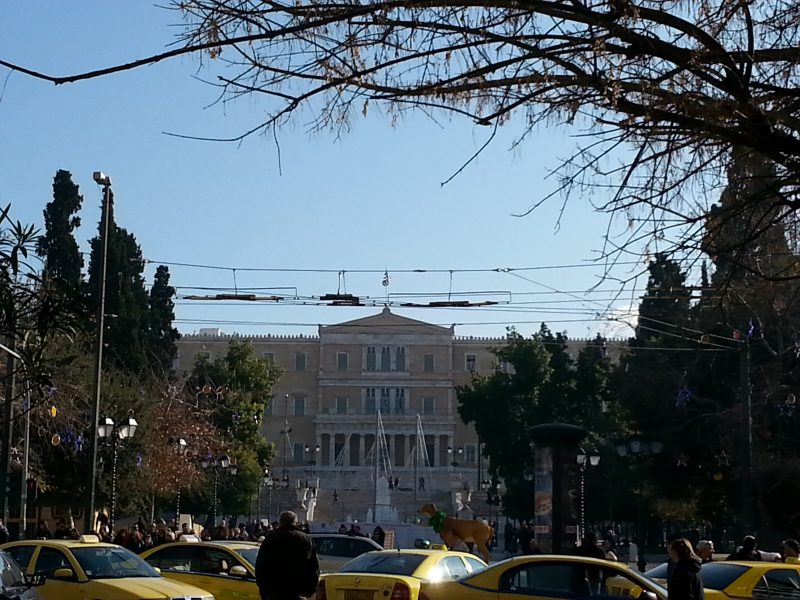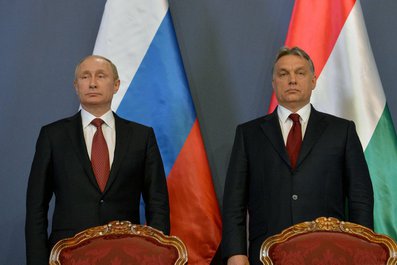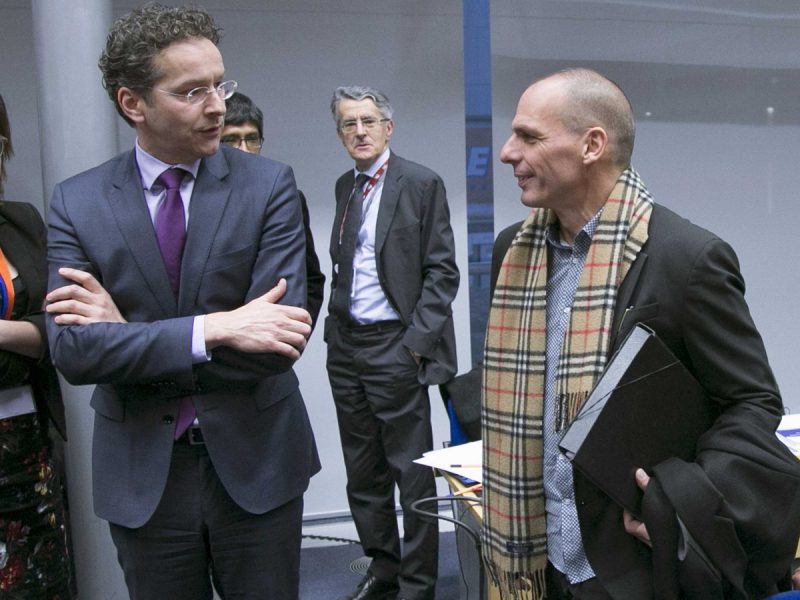Modernizing Greece: which structural reforms?
Greece’s problem is not a lack of liberalization, deregulation and privatizations but rather the weakness of its public institutions, underpinned by a chronic revenue shortage. In effect, you may liberalize and deregulate as much as you want but this is not going to make things better for Greece. A progressive agenda aiming to cure the Greek malaise would have to address the competitiveness deficit, low productivity, an overextended and inefficient public sector, an unjust tax system and a couple more core challenges…








